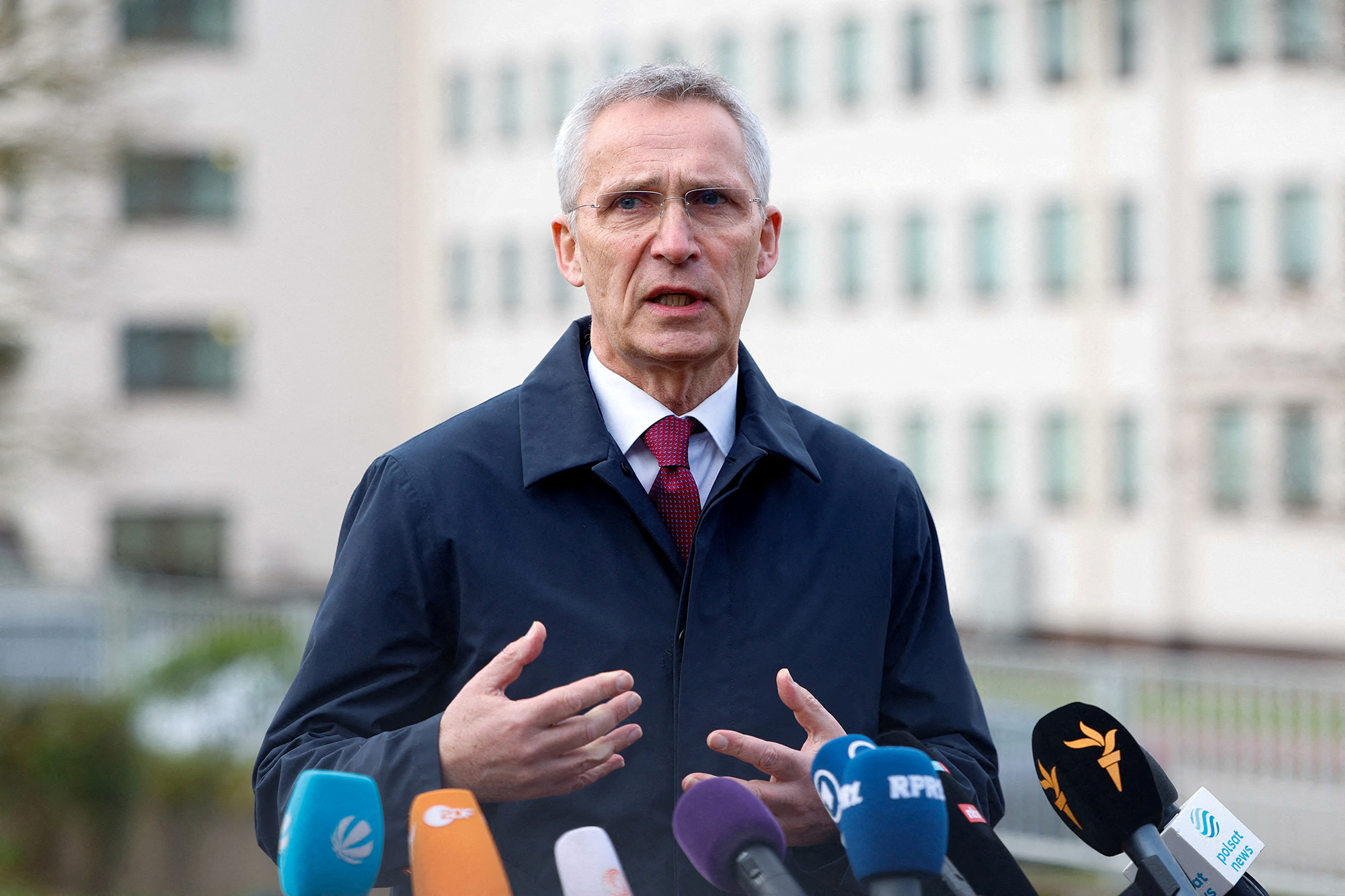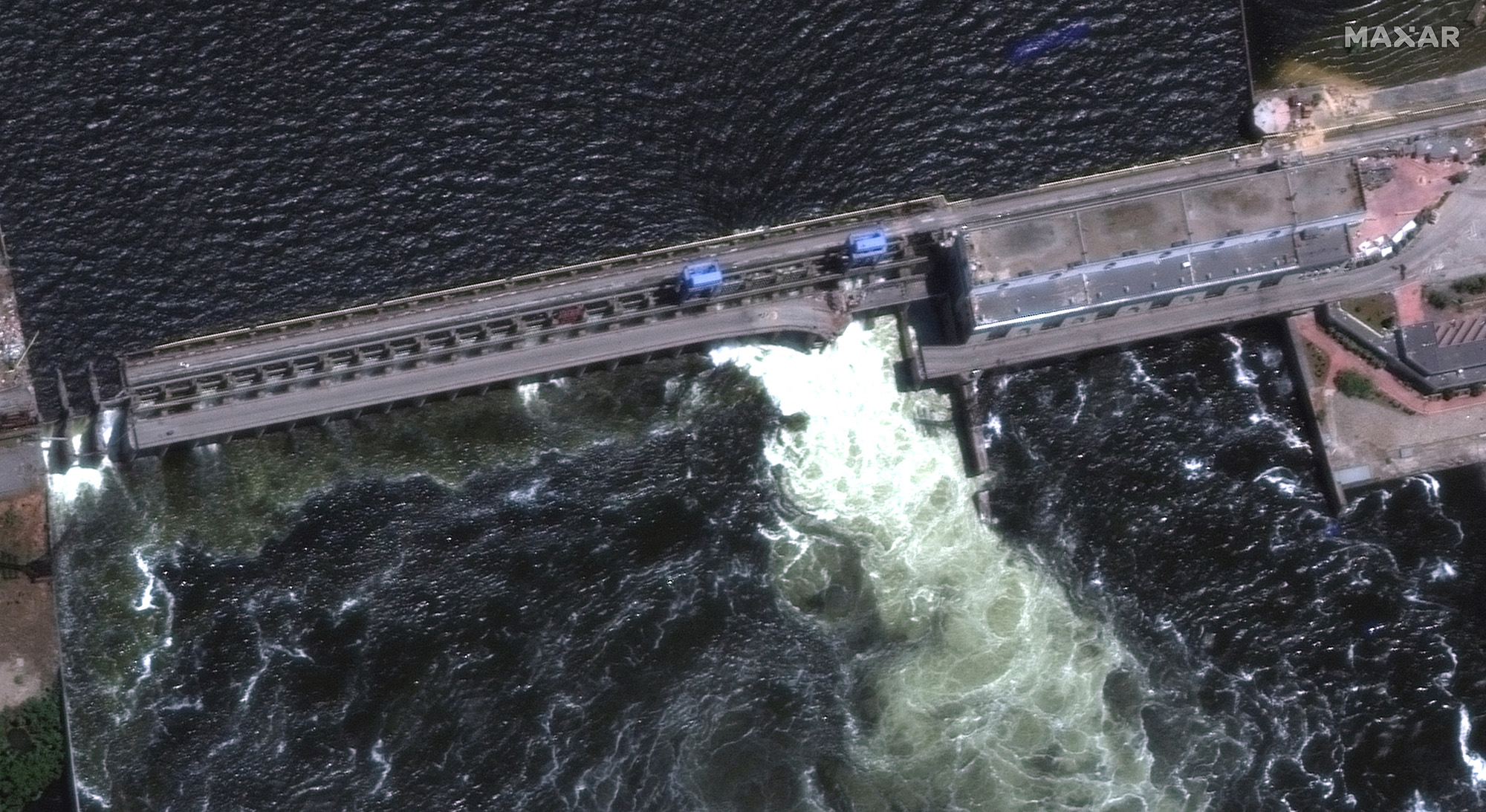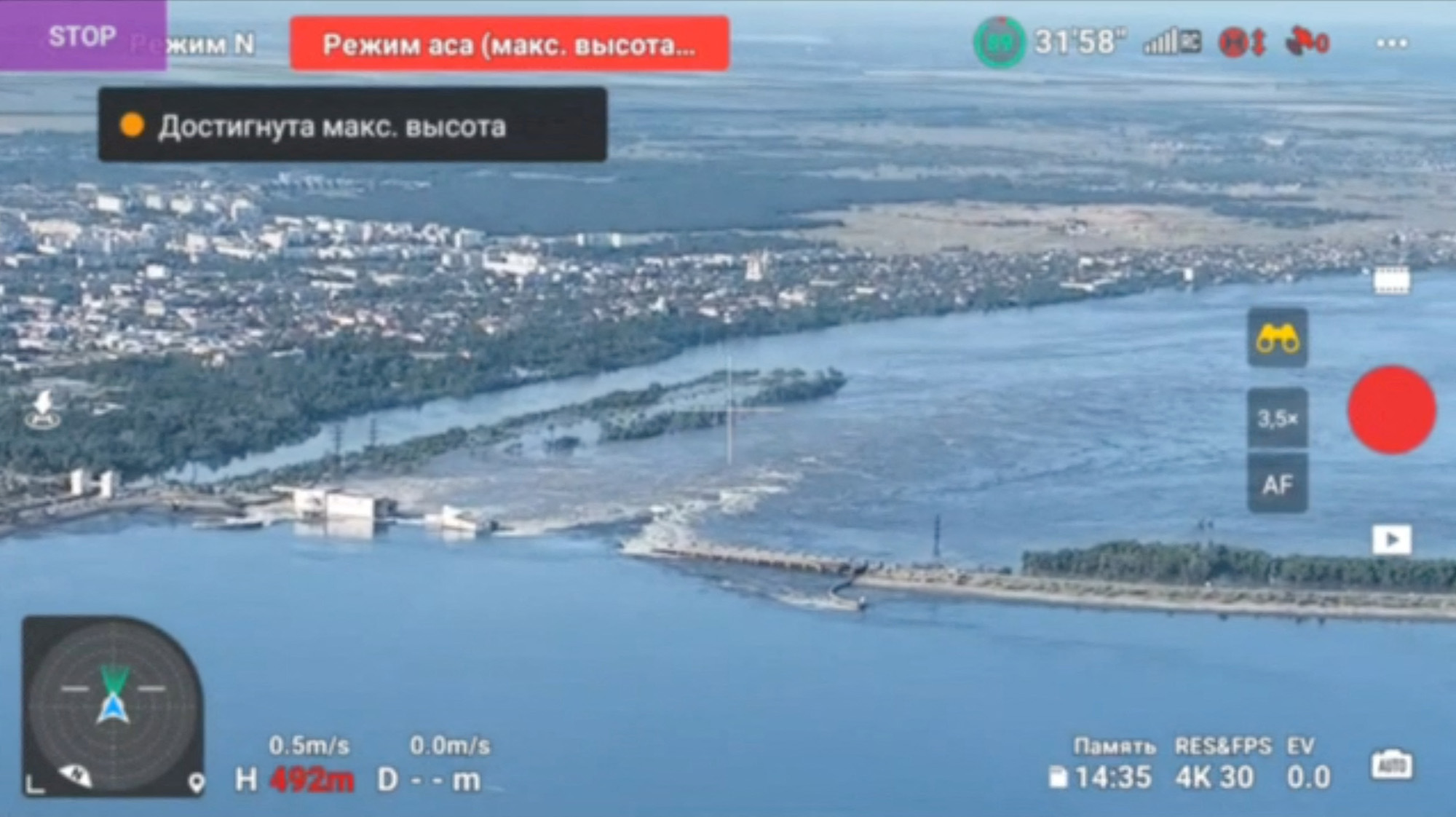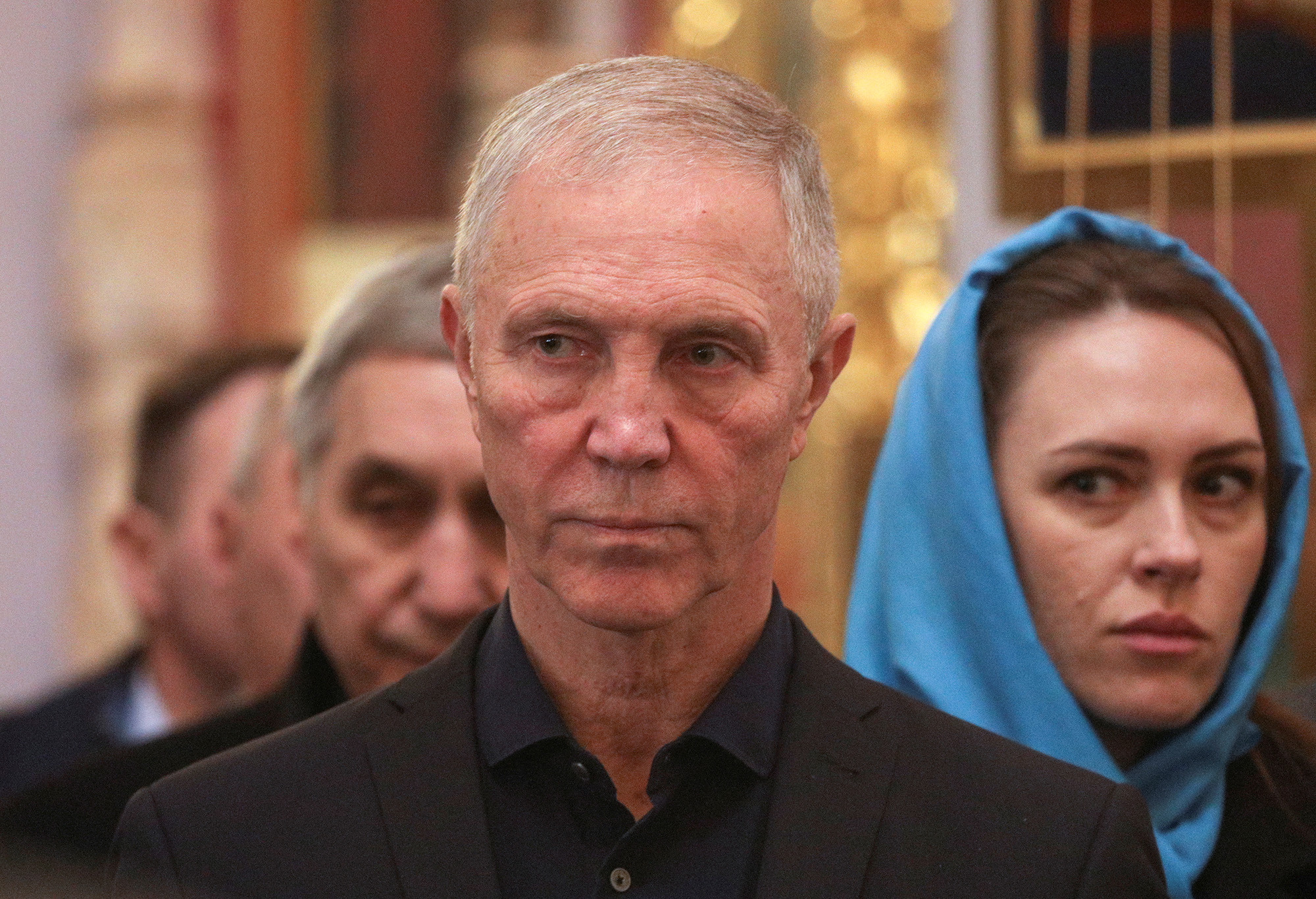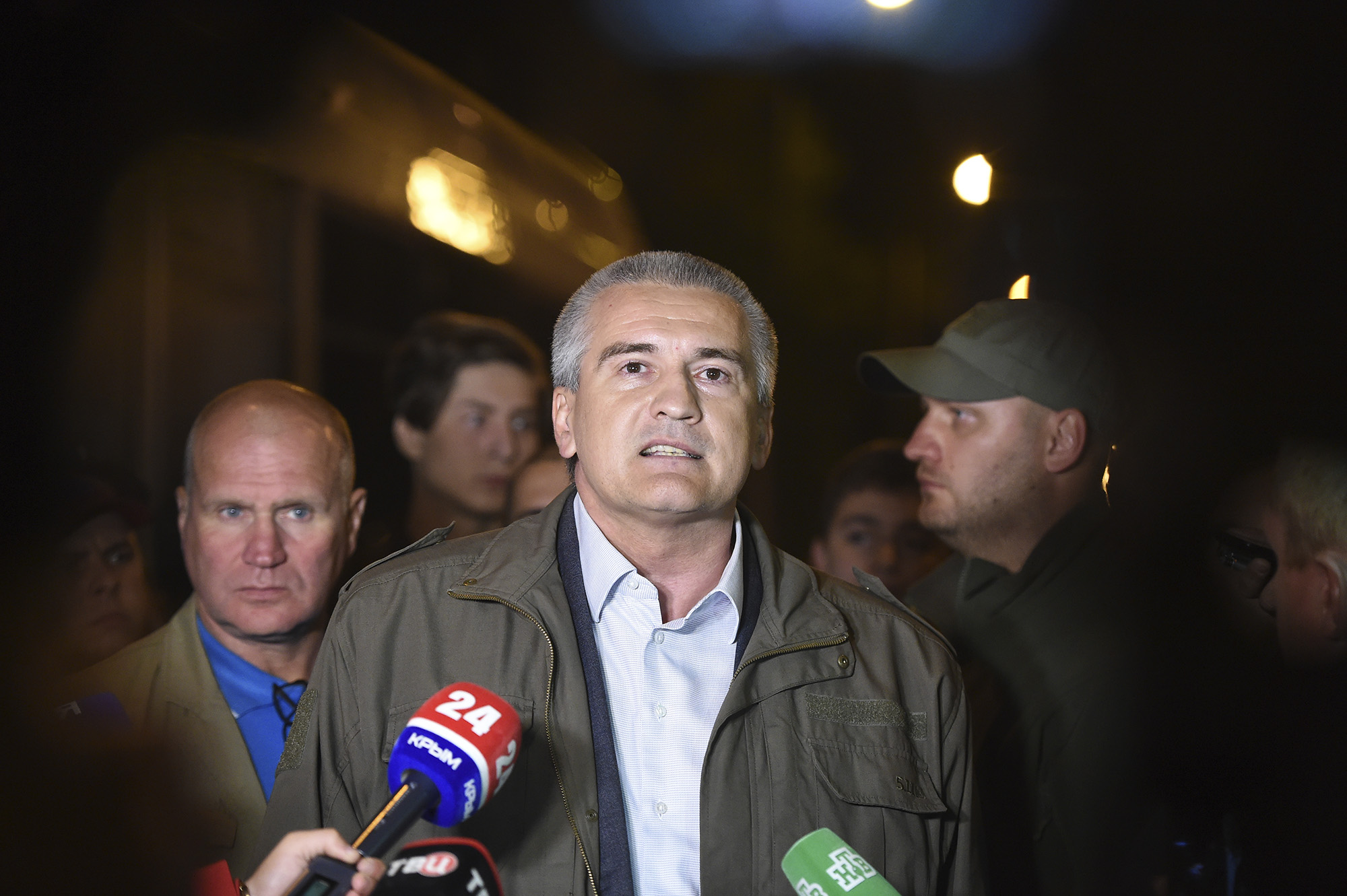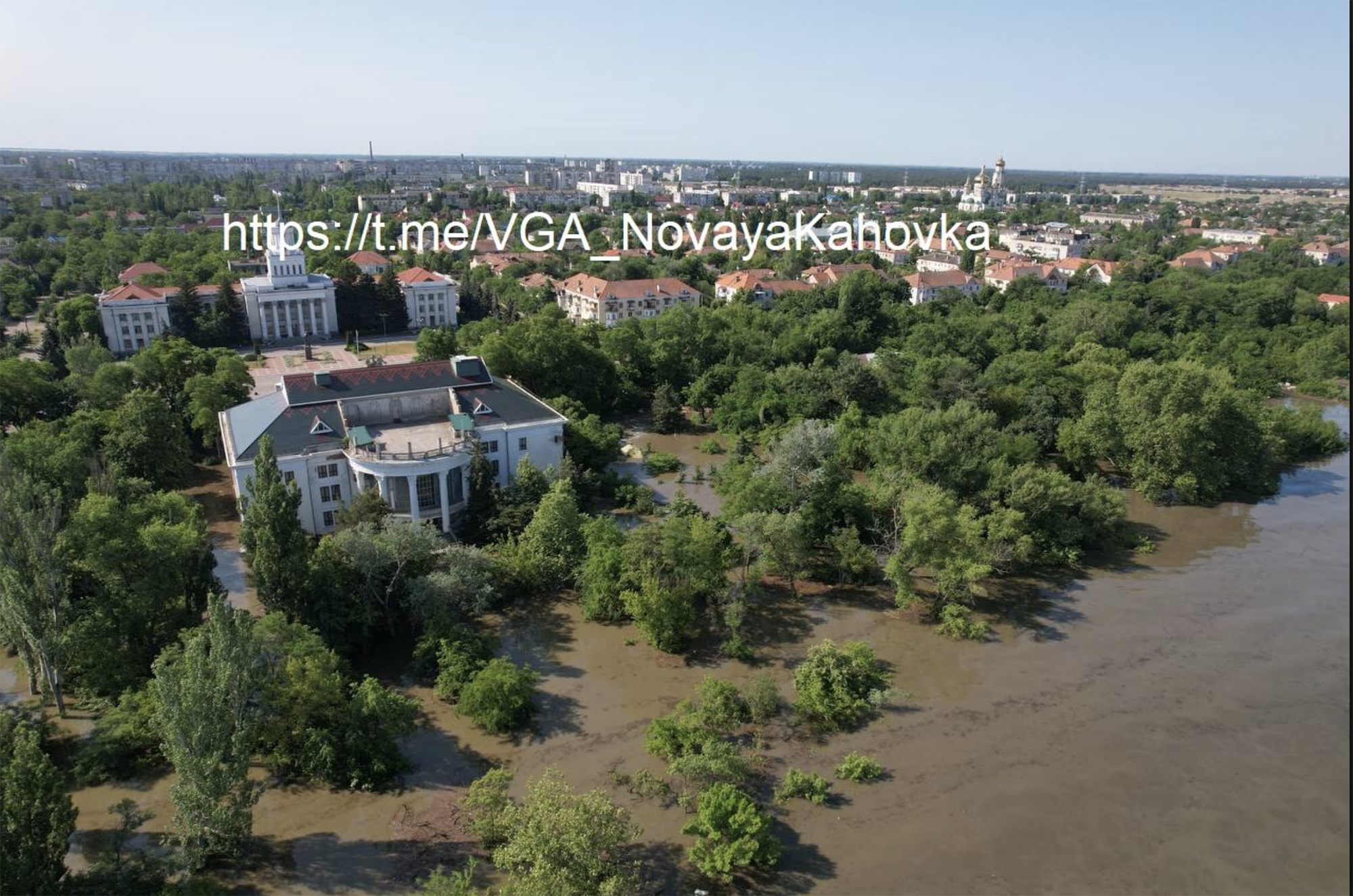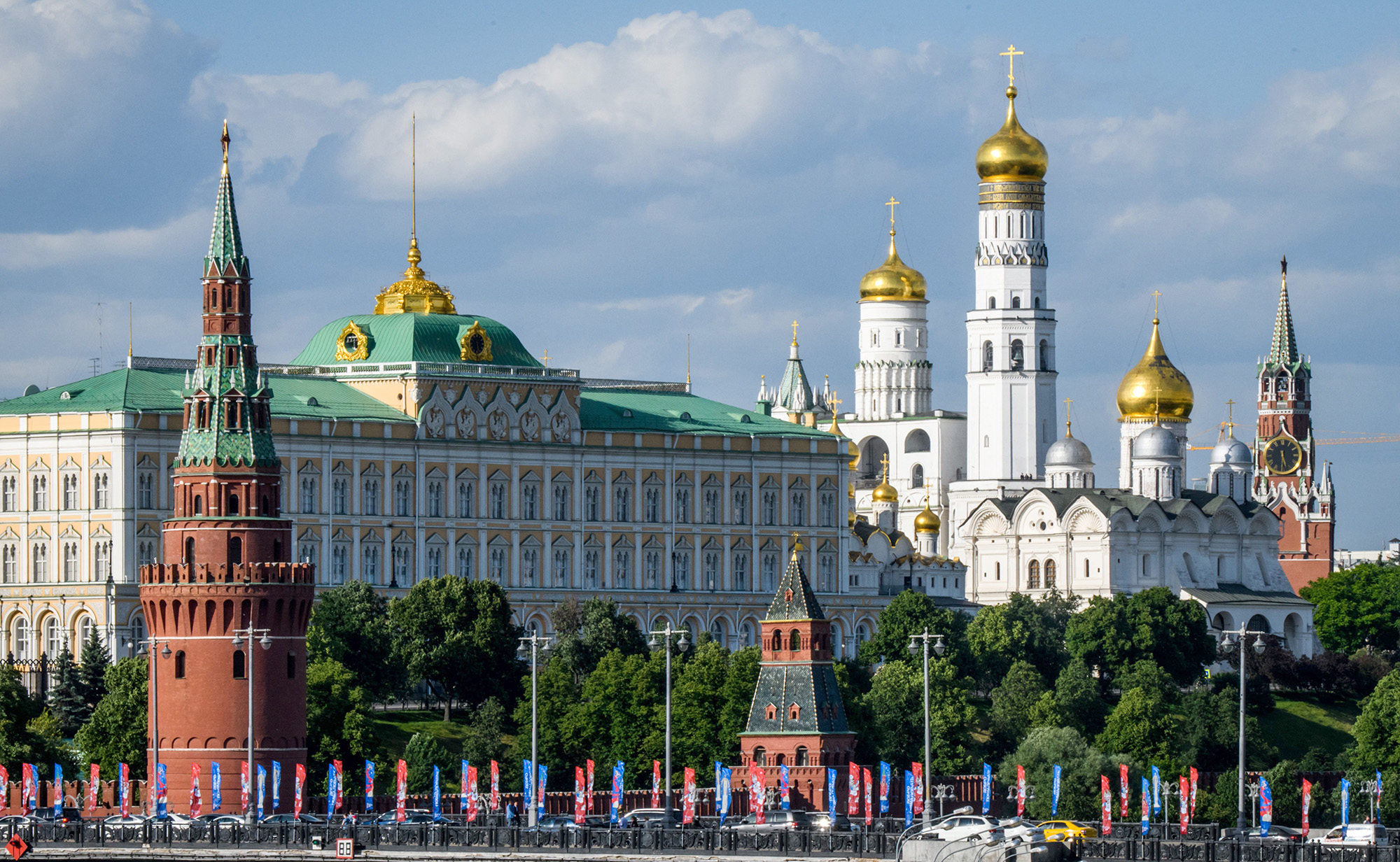
The Kremlin said it “strongly rejects” accusations that Russia is responsible for damaging a sprawling dam and hydro-electric power plant in southern occupied Ukraine, as Kyiv and Moscow traded accusations over the destruction of the dam.
On a regular call with reporters, Kremlin spokesperson Dmitry Peskov said he “unequivocally” believes the incident was “deliberate sabotage” by Ukraine, adding that Russian President Vladimir Putin was being kept informed about the situation.
Peskov claimed the attack was “planned and carried out by order received from Kyiv, from the Kyiv regime. The Kyiv regime must bear full responsibility for all the consequences.”
He claimed Ukraine wanted to “deprive Crimea of water” and to distract from the battlefield.
Peskov said: "Having launched large-scale offensive operations two days ago, now the Ukrainian Armed Forces are not achieving their goals. These offensive actions are choking.”
Some context: Multiple senior Ukrainian officials and military figures accused the Kremlin of sabotaging the dam on Tuesday, saying Russian forces destroyed the dam “in panic."
This incident occurred a day after Deputy Defense Minister Hanna Maliar said a Ukrainian offensive is “taking place in several directions,” heightening speculation that a major push by Kyiv to recapture land held by Russia’s occupying forces could be getting underway.
